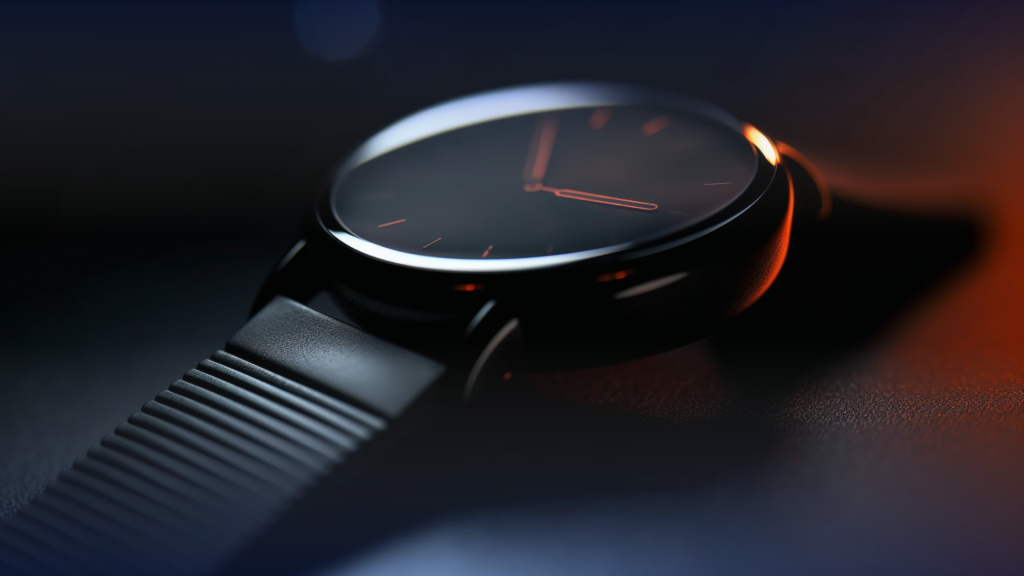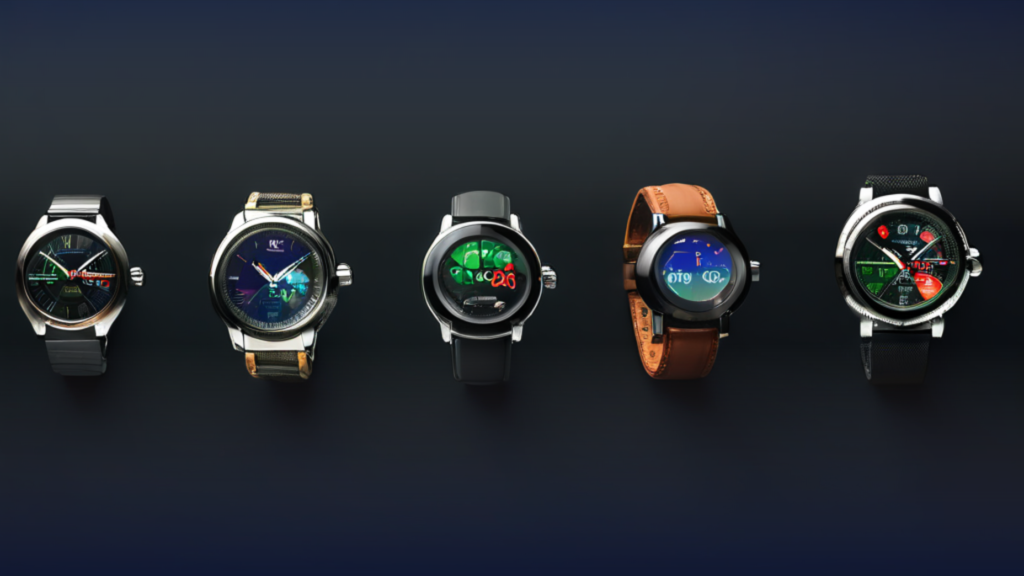In this comprehensive guide, we delve deep into the world of mechanical and quartz watch movements, uncovering the fascinating mechanisms that drive timekeeping technology. Whether you’re an avid watch enthusiast or simply curious about the inner workings of these timepieces, this article promises to provide valuable insights into the differences, functionalities, and nuances of mechanical and quartz movements.
Understanding the Basics: Mechanical vs. Quartz Watch Movements
What sets mechanical and quartz watch movements apart? How do they function differently in keeping time? We explore these fundamental questions to establish a solid understanding of the core principles behind these two distinct types of movements.
What Defines a Mechanical Watch Movement?
Mechanical watch movements boast a rich history dating back centuries, characterized by intricate craftsmanship and precision engineering. Explore the inner workings of mechanical movements, from the mainspring to the escapement, and gain a deeper appreciation for the craftsmanship that goes into these traditional timepieces.

Demystifying Quartz Watch Movements
In contrast to their mechanical counterparts, quartz watch movements rely on electronic components to regulate timekeeping. But how exactly do quartz crystals contribute to the accuracy of these watches? Uncover the technology behind quartz movements and discover why they have become ubiquitous in modern timepieces.
The Battle of Accuracy: Mechanical vs. Quartz
Accuracy is a critical factor in determining the performance of any timepiece. But which type of movement reigns supreme in this regard? We delve into the debate surrounding the accuracy of mechanical and quartz watches, considering factors such as precision, reliability, and environmental influences.
Assessing Mechanical Watch Accuracy
Despite their traditional appeal, mechanical watches are often criticized for their lack of precision compared to quartz counterparts. But is this criticism justified? Explore the factors that affect the accuracy of mechanical movements, from manufacturing tolerances to the influence of gravity and temperature fluctuations.
Unveiling Quartz Watch Precision
Quartz watches are renowned for their unparalleled accuracy, thanks to the precise oscillations of quartz crystals. But how do these timepieces maintain such consistent timekeeping, and are there any limitations to their precision? Delve into the world of quartz technology to understand why these watches have become synonymous with reliability.
Evolution and Innovation: Advancements in Timekeeping Technology
The realm of watchmaking is constantly evolving, driven by advancements in technology and innovation. From groundbreaking developments in mechanical movements to cutting-edge quartz technology, we explore the latest trends shaping the future of timekeeping.

The Renaissance of Mechanical Movements
Despite the dominance of quartz technology, mechanical movements continue to captivate enthusiasts with their craftsmanship and artistry. Discover how modern innovations, such as silicon escapements and antimagnetic materials, are pushing the boundaries of mechanical watchmaking and enhancing their accuracy and durability.
Pushing the Boundaries with Quartz Technology
Quartz watches may have already achieved unparalleled accuracy, but that hasn’t stopped innovators from pushing the boundaries even further. Explore the latest developments in quartz technology, from high-frequency movements to solar-powered and atomic timekeeping, and anticipate what the future holds for these precision timepieces.
Conclusion
In conclusion, the world of watch movements is a fascinating blend of tradition and innovation, where mechanical and quartz technologies coexist to offer timepieces of unparalleled beauty and precision. Whether you’re drawn to the intricate craftsmanship of mechanical movements or the cutting-edge precision of quartz technology, there’s no denying the enduring appeal of these timeless accessories.
Key Takeaways
- Mechanical watch movements rely on intricate craftsmanship and traditional mechanisms, while quartz movements harness electronic components for precise timekeeping.
- Accuracy is a crucial consideration, with quartz watches typically outperforming mechanical counterparts in terms of precision and reliability.
- Advancements in both mechanical and quartz technology continue to shape the future of watchmaking, offering enthusiasts a diverse range of options to suit their preferences and requirements.

